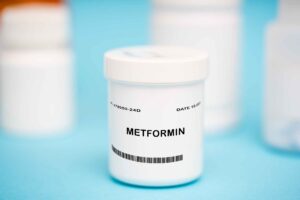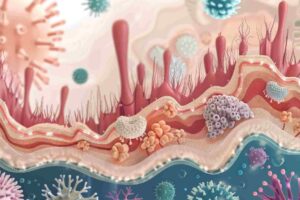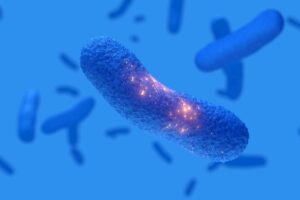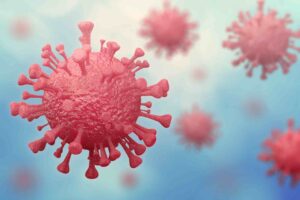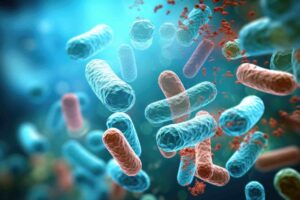Scientific research
Immunology, Scientific research
The findings suggest that artificial intelligence can help uncover new antibiotics, opening the way for new approaches to antibiotic discovery. The work also offers an open-access resource for antibiotic developers.
Gastroenterology, Gynecology
The findings of a recent study suggest that gut bacteria transform steroids into hormones that may impact a woman’s health, especially during pregnancy.
Scientific research
The findings of a recent study suggest that metformin regulates glucose metabolism by altering specific gut bacteria rather than by causing a general increase in microbial diversity.
Dermatology, Scientific research
The findings of a recent study may help clinicians to select more targeted antimicrobials based on where on the body the surgery is taking place or which type of bacteria…
Scientific research, No category
The intersection of gaming and science has birthed an innovative approach to scientific research and public engagement.
Scientific research
Socially transmissible microbes may influence human health and play a hidden role in social evolution.
An open discussion about the future of microbiological analysis through AI integration with Franco Pirovano (Micro srl) and Federico Pirovano (Dynius).
Gastroenterology, Immunology
The findings of a recent study suggest that mycobiota changes during a SARS-CoV-2 infection could contribute to inflammation associated with severe COVID.
Gastroenterology, Scientific research
Focusing on restoring microbial cross-feeding interactions emerges as a promising mechanism-informed strategy to reconstruct a healthy gut ecosystem.
Gastroenterology, Scientific research
The findings of a recent study indicate that antibodies to gut microbes could help identify who may benefit from teplizumab.


